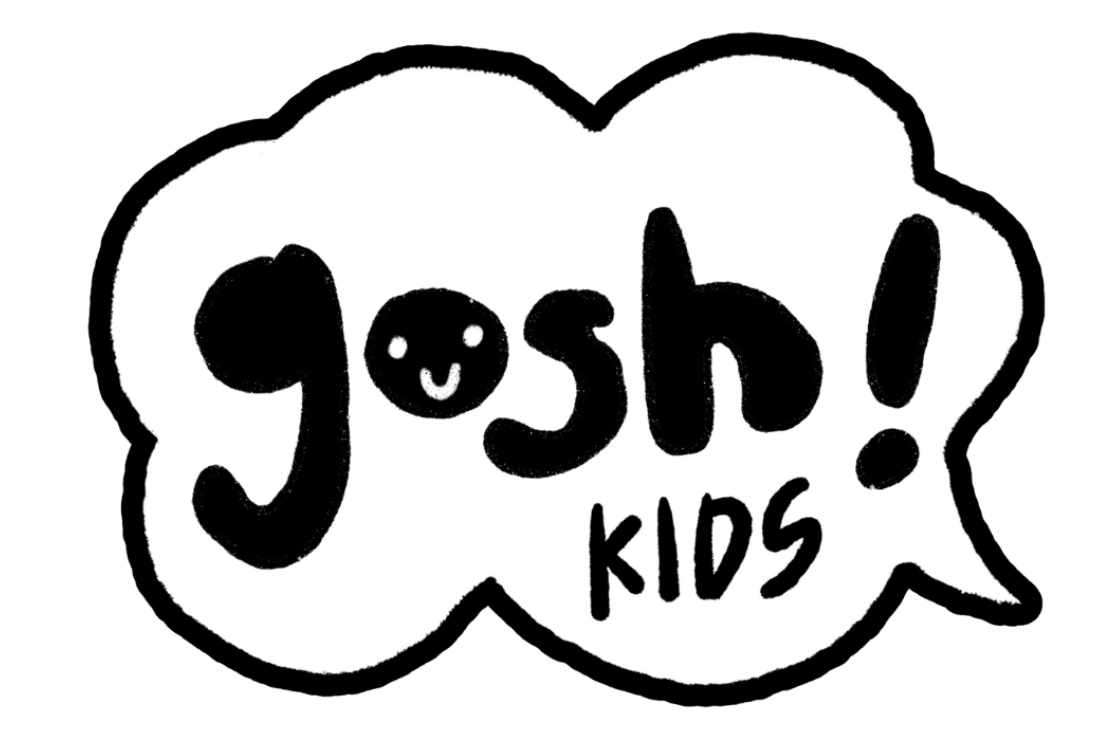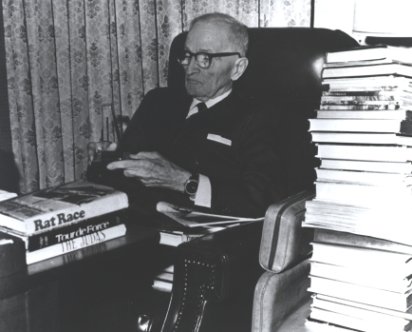The Subtle Power of Reading
Not every child is a reader. But every leader is a reader.
And every creator is a reader.
When I was living in Japan, I found myself utterly captivated by the realm of books. In particular, it was the children’s section that I held an allure. Although my Japanese wasn’t fluent to immerse in literature, it was sufficient to appreciate the beautifully adorned pages crafted for the young ones. I couldn’t resist leaving without a book for my son.
Everyday before bedtime, Mathieu and I would read to him in Japanese. He doesn’t understand what we’re saying, but I know he is listening. From a one-time activity came a pre-bedtime ritual.
Then I realised no matter what language it’s in, how sophistically designed, or the fundamental theme behind the book, stories do something massive in our little children: inspire.
I choose not to use the word entertain.
Simply because books do way more than keep children occupied while we scramble with our daily tasks. It plants a tiny seed, one that takes the right amount of time and conditions to sprout into something glorious.
Every great idea comes from a moment of inspiration. And for kids, much of it begins with a book.
Consider Harry Truman, who assumed the mantle of the presidency in the wake of his predecessor’s sudden death in April 1945. Without warning, he found himself confronted with the atomic era and the Cold War. Though unprecedented, Truman, an avid reader since a child, drew upon the wisdom from the books he read.
I hope you don’t think reading is a waste of time.
Neither should it be treated solely as an activity to keep children in tuned with the world. Nor is it a means to score in examinations. Rather, it’s purpose is to augment whatever your children have learned, be it through storybooks, encyclopaedias or educational textbooks, to cement thin layers of inspiration deep into their subconscious. These small blocks of creativity and knowledge could later on have its use in their journey towards adulthood.
By indulging in a universe of books, we become better professionals, parents or children. We become better leaders. We become better creators.
It doesn't make sense till it does
I recently read this story from The Psychology of Money by Morgan Housel:
At least two thousand books are dedicated to how Warren Buffett built his fortune. Many of them were wonderful. But few pay enough attention to the simplest fact: Buffett’s fortune isn’t due to just being a good investor, but being a good investor since he was literally a child.
By the end of 2019, Warren Buffett’s net worth was about $84.5 billion. Of that, $84.2 billion was accumulated after his 50th birthday. $81.5 billion came after his mid 60s.
Warren Buffett is undeniably a world-class investor. Yet, we must not overlook a crucial point: the true essence of his success does not solely lie in his investment acumen, but in the commitment to investing over seventy-five years.
Buffett began serious investing when he was 10 years old. By the time he was 30 he had a net worth of $1 million (or $9.3 million adjusted for inflation).
What if instead of investing, he spent his time pursuing other passions, and by age 30 his net worth was $25,000? And let’s say that he went on to earn extraordinary returns (22% annually), but quit investing and retired at age 60 to play golf and spent time with his grandkids.
What would a rough estimate of his net worth be today?
Not $84.5 billion.
$11.9 million. 99% less than his actual net worth.
Effectively all of Warren Buffett’s financial success can be tied to the financial base he built in his pubescent years and the longevity he maintained in his geriatric years. And when you wonder why someone like Warren Buffett got so rich, we often overlook the key drivers of success.
His skill was investing, but his secret was time.
What seemed like small changes in growth can lead to mind blowing outcomes. This tends to surprise us - the results intuitively didn’t seem right because we prefer to think in linear terms rather than exponential conditions. It’s humanly easier to process the math to 9+9+9+9+9+9+9+9+9 (81) than 9x9x9x9x9x9x9x9x9 (387420489).
And reading is much like that. You don’t see the effects because it can’t be quantified. Rather, all it is doing is merely adding block after block of knowledge in your mind. It isn’t obvious how we’ve transformed till we can’t recognise ourselves.
Warren Buffett never knew his net worth would shoot up 99% over a decade, but one thing he knew - he had to keep doing it. And it made perfect sense by the age of 89.
The good thing is, unlike investing, you don’t have to wait decades for reading to add value to your life.
For kids, it starts at a young age. There’s a long runway ahead of them, and every length of tarmac is vital for the plane to garner enough speed and power to lift off. Soon, your child will be flying into the clouds with a load full of wisdom and creativity.
From passive to active
In one neurological study, researchers used brain scans to examine what happens inside people’s heads as they read fiction.
“Readers mentally simulate each new situation encountered in a narrative”, reports Psychological Science.
“Details about actions and sensation are captured from the text and integrated with personal knowledge from past experiences, mirroring those involved when people perform, imagine or observe similar real-world activities”.
Reading is by no means a passive exercise. The reader becomes the book. When your child reads, they undergo an intimate exchange with the author’s mind. It shapes us into someone new.
The type of books your child reads correlates with their evolving identity. Though it isn’t intuitive at first, it moulds their beliefs, values, and aspirations. It’s not just how much they read, but what they read.
If you want your child to embody the identity of technologist, read technology books.
If you want your child to embody the identity of a thinker, read philosophy books.
If you want your child to embody a supercharged, dynamic, creative human being in the 21st century, read books that would challenge them to think differently.
I’m not going to recommend titles because every child processes things differently. But what I’ll say is this: your child should direct all the energy on books that will stay with them after they put them down. This means it’s not about quantity, but quality.
No one, H.L. Mencken said, “gets anywhere in this world in any really and endurable manner without some recourse to books.” When your kids read, they are in it for the long haul.
And to transform your children from passive consumers into active creators, this habit is best instilled from young.
The short of it?
Read. What your kids are reading are what is leading them.
Nicholas Carr once said,
The words in books don’t just strengthen people’s ability to think abstractly; they enriched people’s experience of the physical world, the world outside the book.
The world is complex beyond human understanding. Children will need to find creativity in all places to stand out in this ultra-competitive world. A good place to start is in between the pages.
Having trouble to get your kids to start reading? Try this:
✔️ Start small with a couple of paragraphs. Don’t force read. Bond over reading.
✔️ Discover books related to their interests.
✔️ Choose books that are aesthetically pleasing or interactive. Activate the visual-mental muscles.
✔️ Lead by example. It's simple math - if you don’t read, your children won’t either.
Be well,
Miss G (@gladyssoh)


